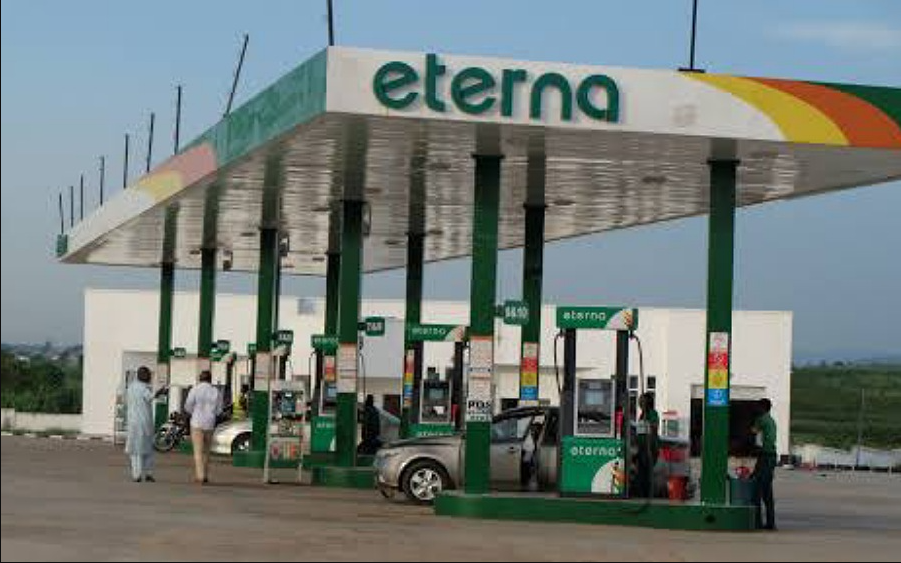French energy giant TotalEnergies has sold its 12.5 per cent non-operated stake in Nigeria’s OML 118 Production Sharing Contract to Shell Nigeria Exploration and Production Company Ltd (SNEPCo) in a deal valued at $510m.
The transaction, conducted through TotalEnergies’ local subsidiary TotalEnergies EP Nigeria (TEPNG), marks another step in the company’s ongoing strategy to streamline its upstream portfolio and focus on assets with lower technical costs and emissions.
OML 118 is located in the deep offshore region of Nigeria, approximately 120 kilometers south of the Niger Delta. It is operated by SNEPCo, which holds a 55 per cent interest, with other partners including Esso Exploration and Production Nigeria (20 per cent), Nigerian Agip Exploration (12.5 per cent), and formerly, TotalEnergies EP Nigeria (12.5 per cent).
The lease covers major assets such as the Bonga field, which has been producing since 2005, and Bonga North, a newer development project launched in 2024. TotalEnergies’ share of production from the block stood at around 11,000 barrels of oil equivalent per day (boe/d) in 2024.
Confirming the transaction, President, Exploration & Production at TotalEnergies, Nicolas Terraz said the sale aligns with the company’s global push toward a more resilient and sustainable energy portfolio.
“TotalEnergies continues to actively high-grade its upstream portfolio, to focus on assets with low technical costs and low emissions, and to lower its cash breakeven,” Terraz said.
“In Nigeria, the company is focusing on its operated gas and offshore oil assets and is currently progressing the development of the Ubeta project, designed to sustain gas supply to Nigeria LNG.”
The sale is subject to customary closing conditions, including regulatory approval by Nigerian authorities. No timeline has been given for completion.
The divestment is part of a broader trend among international oil companies operating in Nigeria, who are increasingly consolidating around core assets while seeking to improve environmental performance and capital efficiency.





